The United Nations Conference on Trade and Development (Unctad) has developed a solution for digitalising and sharing data to facilitate the discovery of new natural resources.
This, according to Unctad, would prevent a production gap of critical and energy minerals amid burgeoning demand to keep global warming within the 1.5 °C targeted under the Paris Agreement.
According to Mining Weekly, to meet the increasing demand, countries need to explore new resources abundant in high-grade mineral ores and attract investments into the sector, among other essential measures.
Unctad gave an example of a private company in Zambia which used artificial intelligence to generate geological maps of the Earth’s crust, which resulted in the discovery of a large-scale high-grade copper deposit.
It applied algorithms to analyse multiple data streams, ranging from historical drilling data to satellite imagery, enhancing the identification of potential new deposits.
Read more :why-zambias-copper-production-will-experience-growth-siakalima”
“The breakthrough in Zambia’s exploration of new copper resources shows how developing countries can use innovative approaches to discover new reserves of critical minerals and help bridge the gap between supply and demand,” Unctad stated.
Unctad’s Natural Resources Information Exchange (NRIE) initiative is aimed at creating a repository of digital information focused on geoscientific historical data.
The initiative would enable developing countries to harness the power of technology to compile and analyse vast amounts of data, empowering them to make informed decisions about their mineral reserves responsibly and inclusively.
Unctad international trade division head Miho Shirotori said countries needed better data to benefit more from these critical minerals, while protecting the planet.
“Many developing countries lack the reliable data needed to attract investments into their undiscovered minerals,” he said.
WARNING! All rights reserved. This material, and other digital content on this website, may not be reproduced, published, broadcast, rewritten or redistributed in whole or in part without prior express permission from ZAMBIA MONITOR.



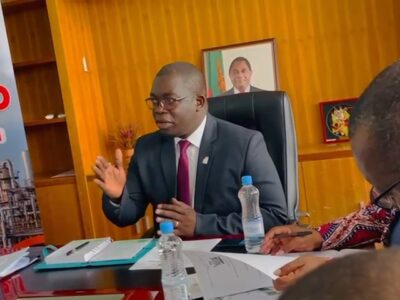
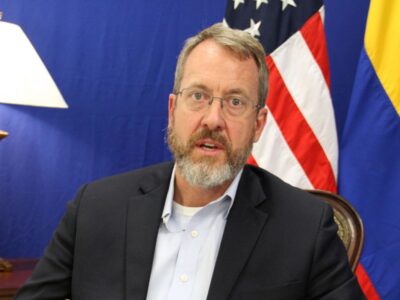
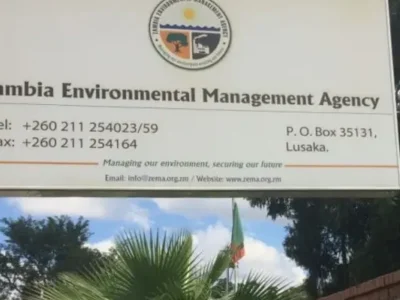
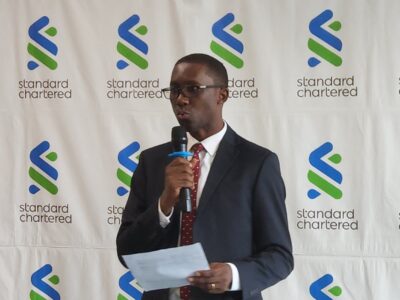
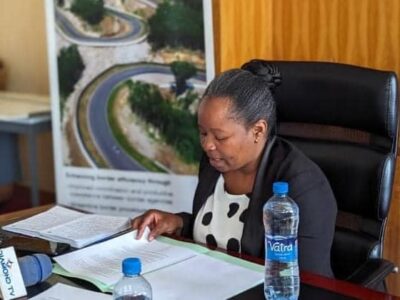




Comments